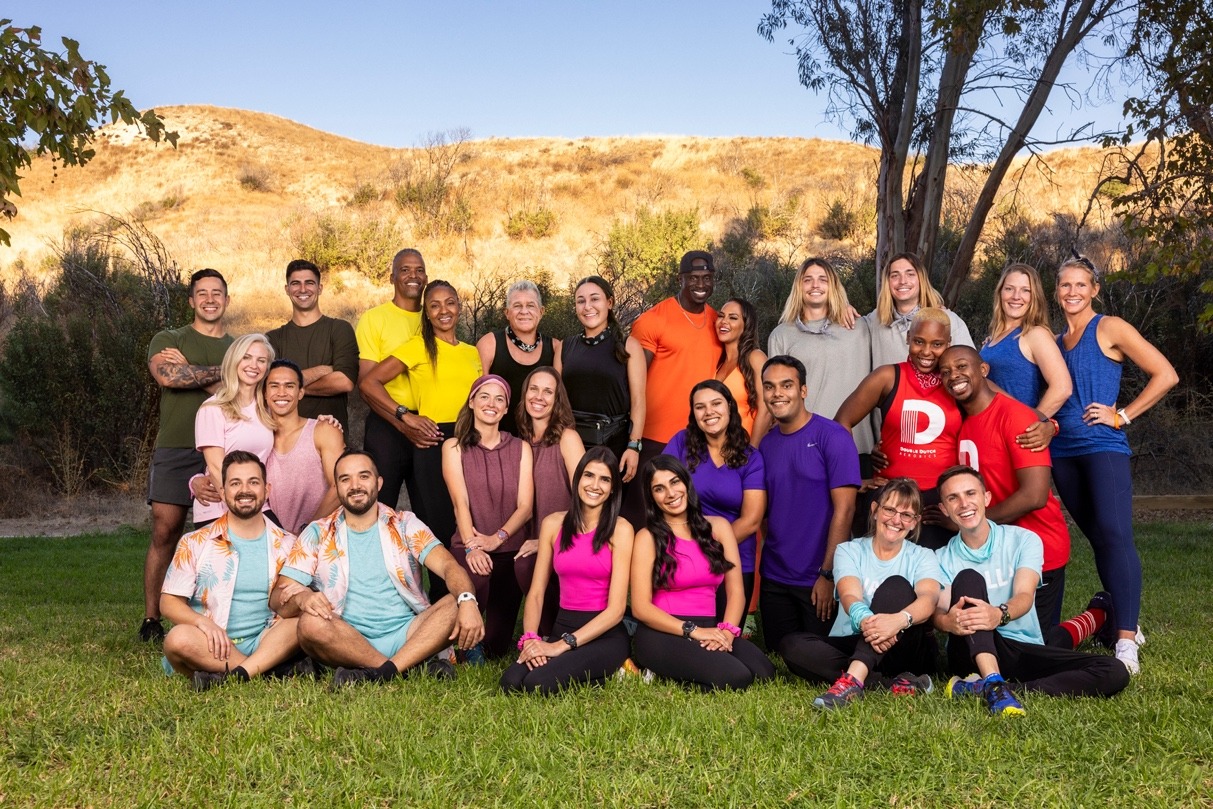#The Power List: Business – Macleans.ca
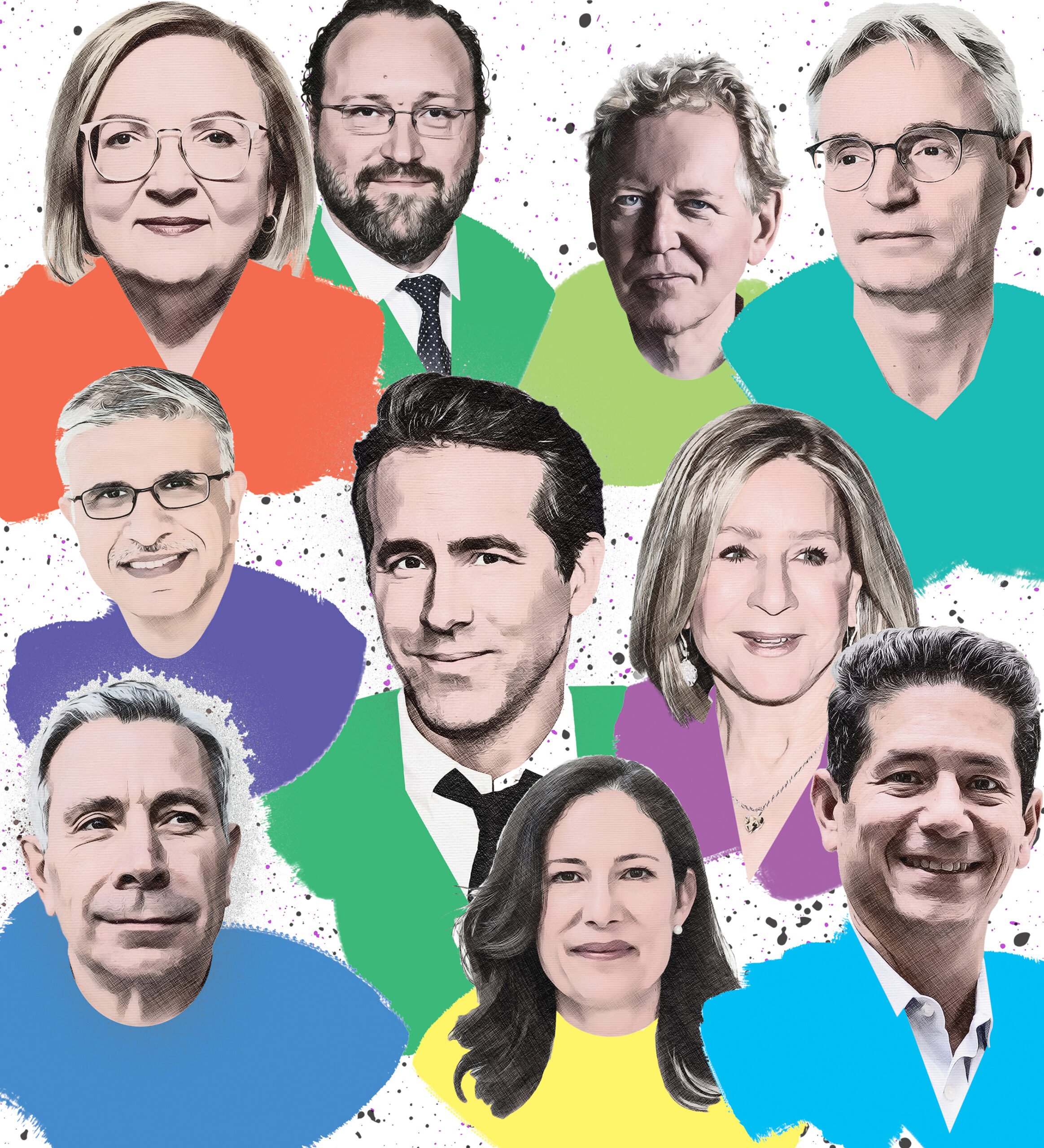
Table of Contents
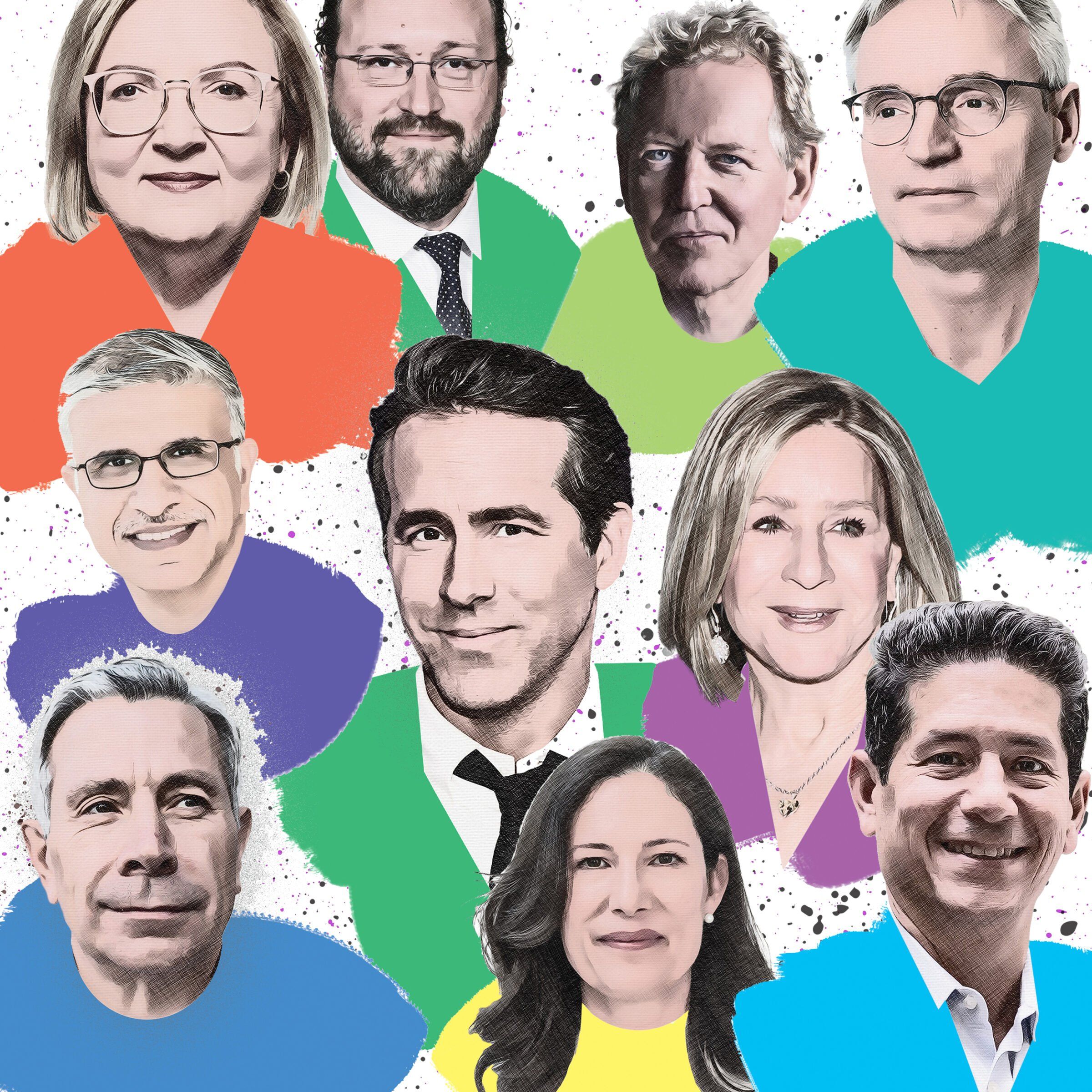
April 1, 2024
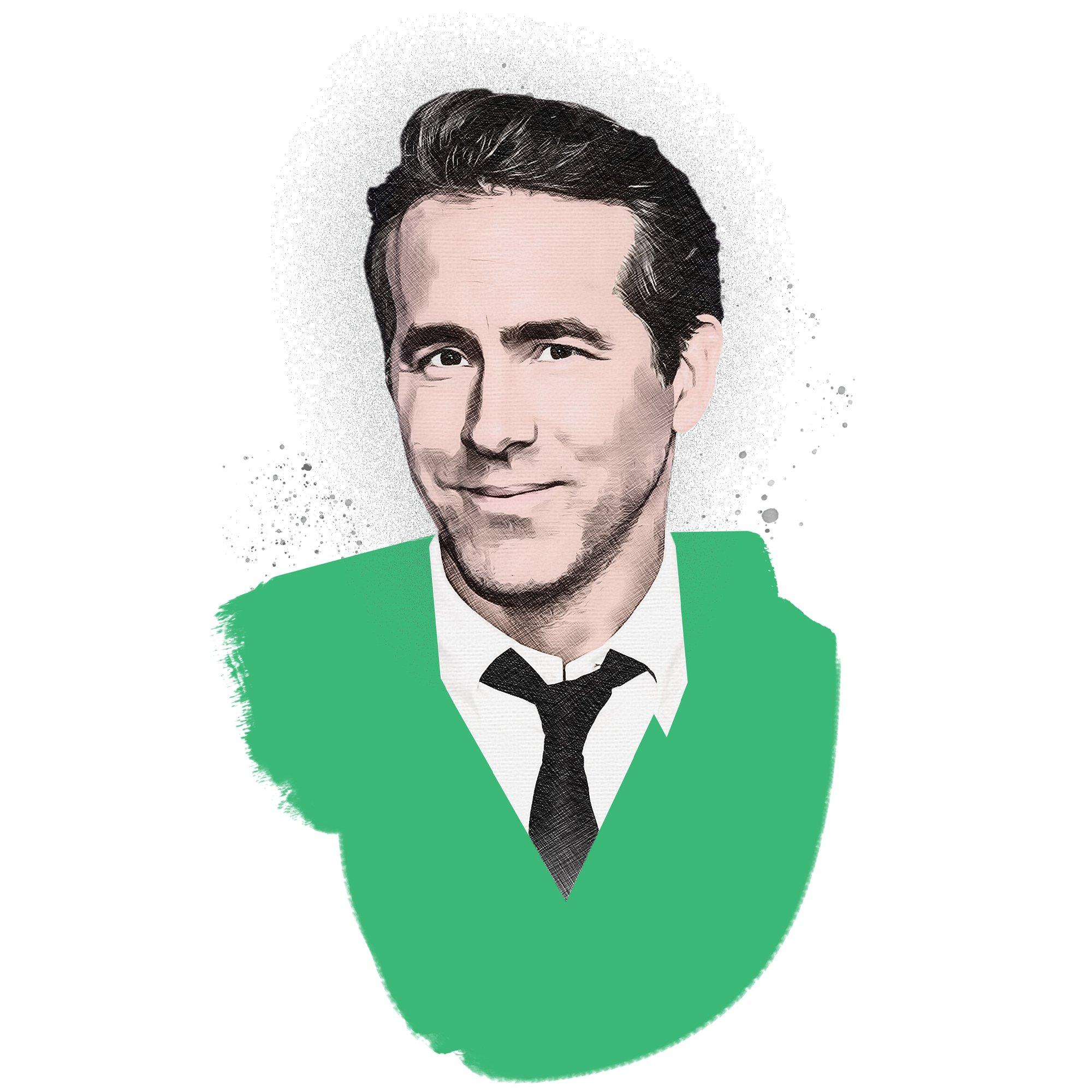
1. Ryan Reynolds | Actor, producer and businessman
He’s pumping out billion-dollar companies alongside his billion-dollar movies
Ryan Reynolds never set out to be one of Hollywood’s most bankable venture capitalists. As the story goes, the actor made his first big investment play buying ownership interest in Aviation Gin in 2018, after he tried the product and it was just that good. Celebrity-backed booze brands are as common as celebrity Ozempic prescriptions, but the difference is that Reynolds didn’t just put his face on the product—he also rolled up the sleeves of his superhero suit and got involved. Taking charge of Aviation’s branding efforts, he produced cheeky, self-deprecating ads that put an unknown alcohol brand on the map (i.e., trending on Twitter) and drove profits up by 100 per cent the following year. In a spot explaining why his product tastes so darn good, a familiar voice explains, “The citrus fruits are misted using only the tears of Aviation’s owner: me, Ryan Reynolds.” Make that the former owner. He sold Aviation to the U.K. booze baron Diageo for US$610 million in 2020, but the new owners have kept him on as a brand ambassador. Like Reynolds, they know a good investment when they see it.
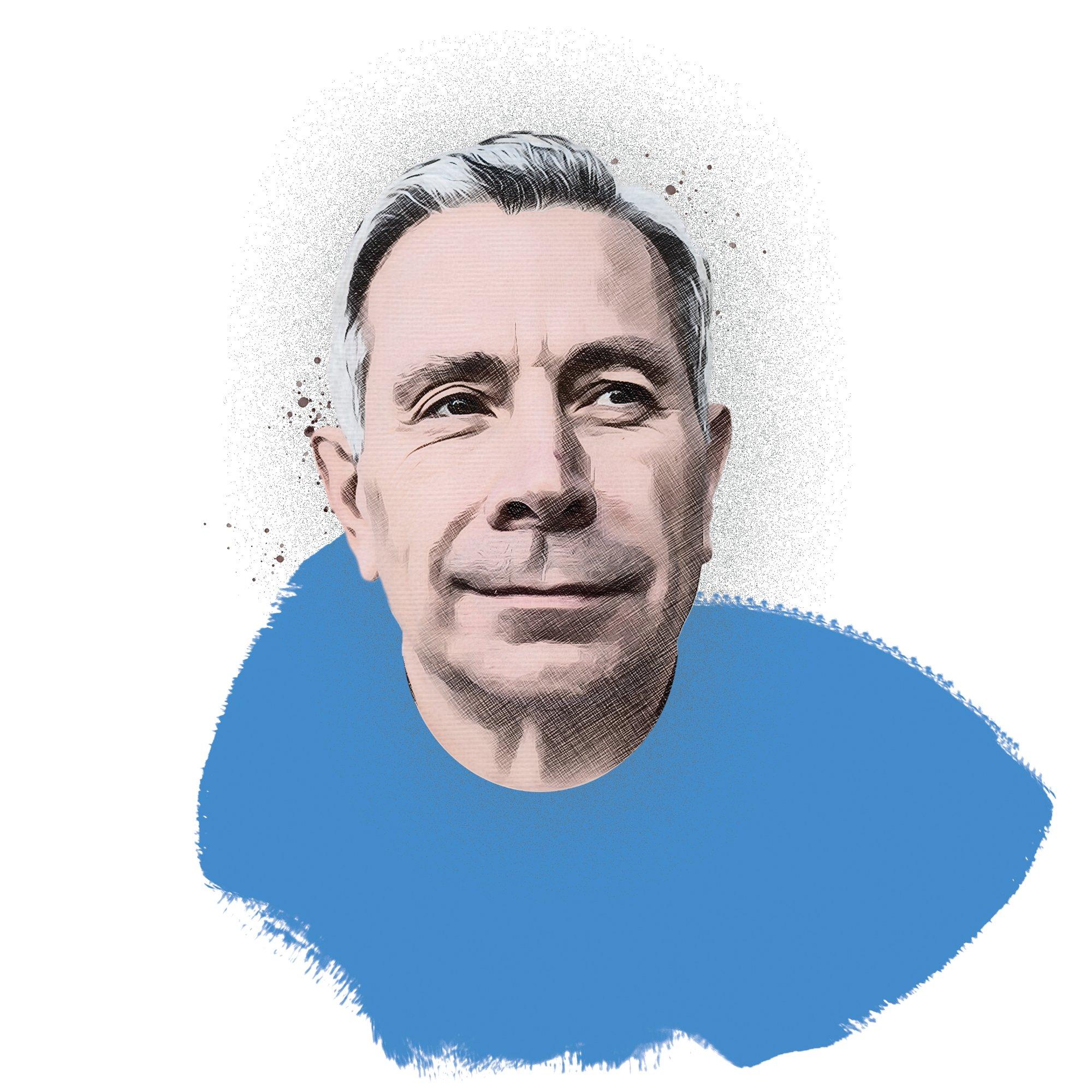
2. Tony Staffieri | CEO and president, Rogers Communications
For commandeering the biggest telecom deal in Canadian history
For the past few years, Rogers has been plagued with family infighting and tabloid-worthy headlines. That’s what makes Tony Staffieri such a smart pick: the company’s new top dog is a trained accountant and a no-drama dude with a passion for balance sheets. His main job? Leading the $26-billion merger with Shaw Communications, the largest telecom deal in Canadian history, which will give the once Toronto-centric Rogers a national footprint (and a new rival—the deal requires selling off Shaw’s Freedom Mobile to competitor Quebecor). Staffieri divested non-essential assets to put the company way ahead of schedule in paying off debt from the Shaw deal. And an unflashy focus on what he calls “consecutive, consistent results” has put Rogers back on top (i.e., ahead of Bell and Telus) in wireless service earnings and growth.
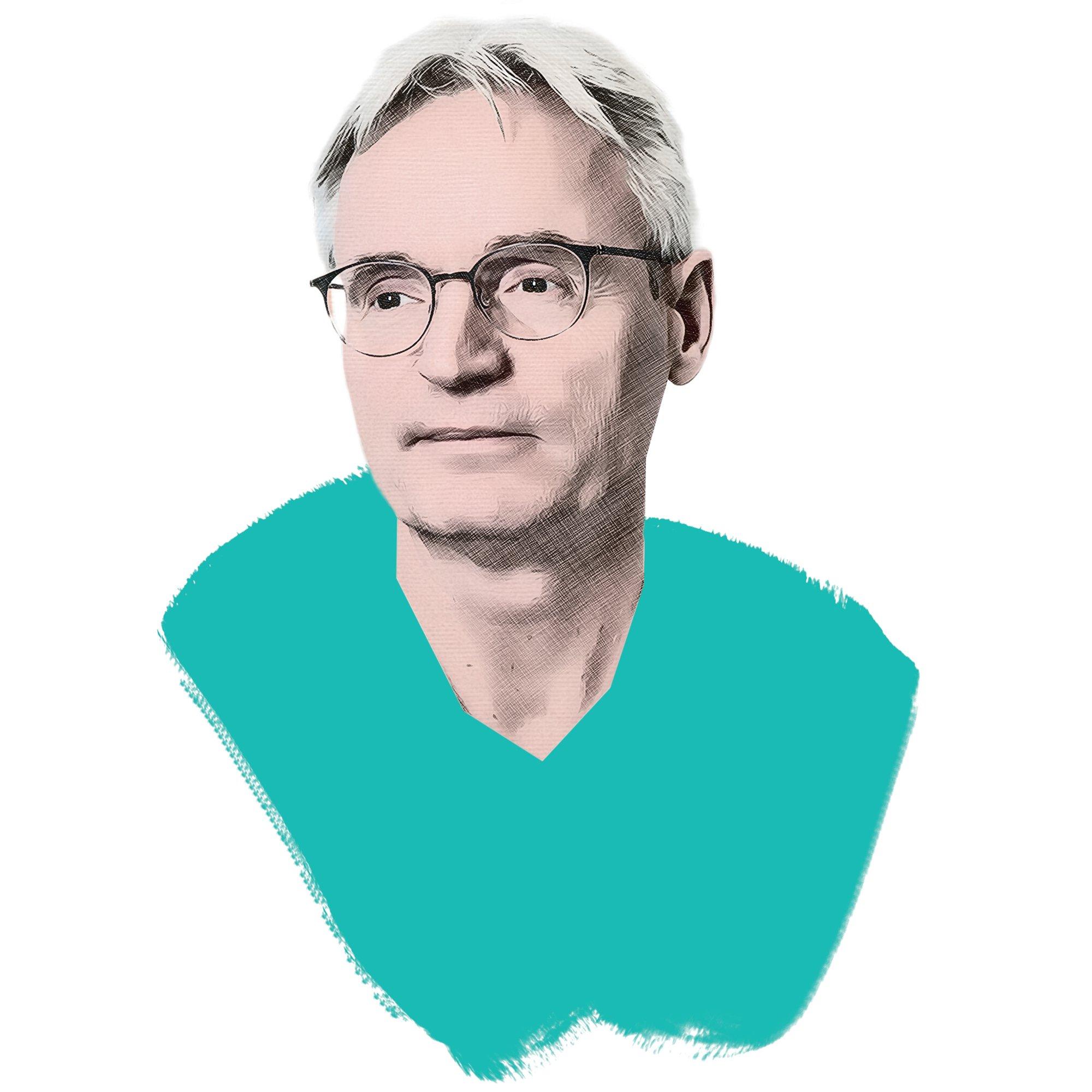
3. Per Bank | CEO and president, Loblaw
He’s vowed to make people love Loblaws again
Unlike ex-CEO Galen Weston, who spent years making himself a household face, Loblaw’s new boss has no plans to be a pitchman. Instead, the Danish exec, who was hired after a global talent search, is focused on restoring the company’s image and its affordable prices, vowing to negotiate harder with suppliers to erase lingering memories of that viral $37 Twitter chicken. In February, Loblaws launched “Hit of the Month,” which offers big savings on a rotating stock of products (like $0.55 for a box of Kraft Dinner). Bank’s gambit is working: latest reports reveal a 4.5 per cent increase in the company’s food sales. Next up: a $2-billion, 40-store, 7,500-staff national expansion. So while you’ll never see Per Bank hawking “Memories Of” marinades, his impact on Canada’s grocery landscape is already being felt.
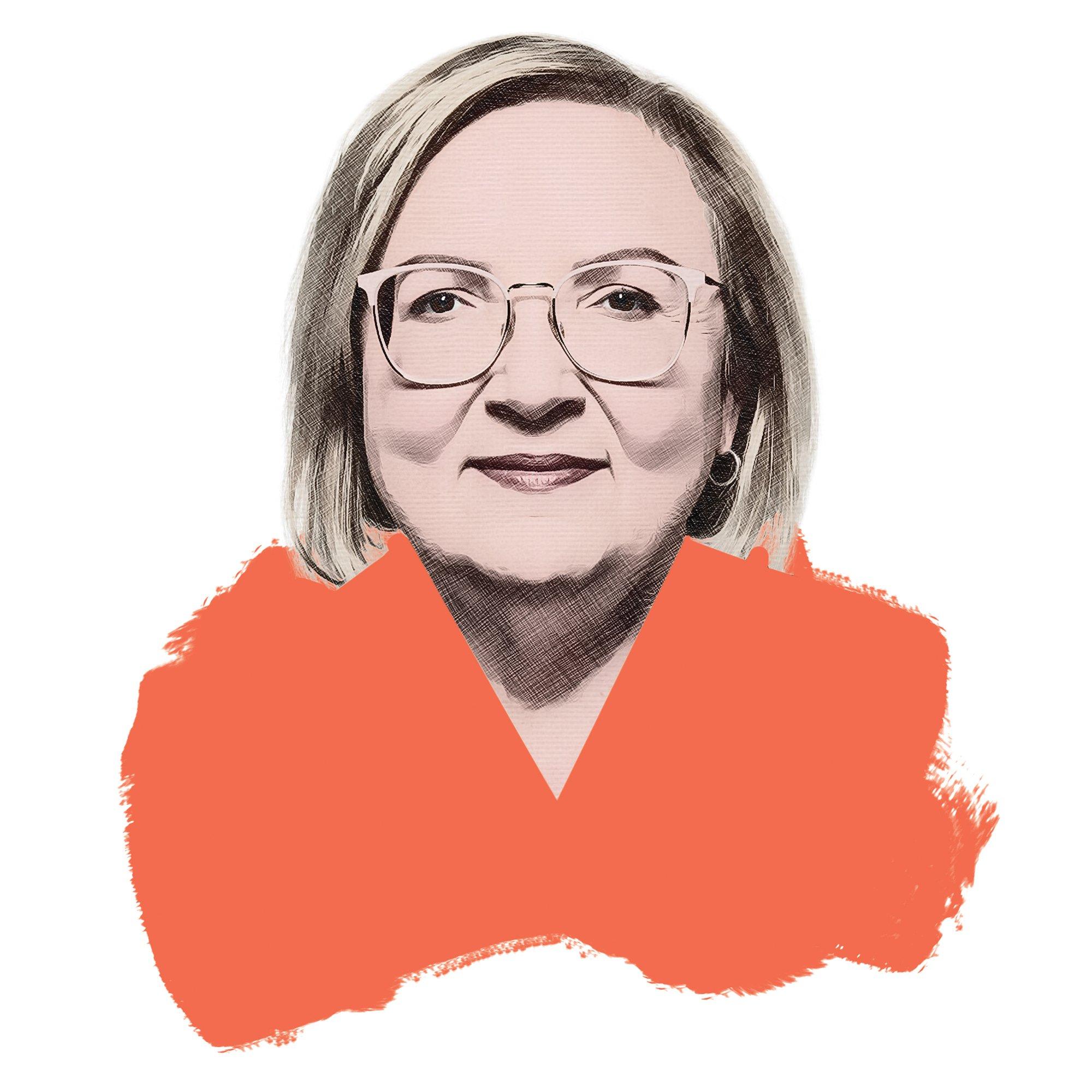
4. Lana Payne | National president, UNIFOR
She’s playing hardball with mammoth companies
Lana Payne became leader of Canada’s labour union without her predecessor’s endorsement, but she has more than proven her chops. She guided 3,700 GTA Metro grocery workers to wage hikes, helped create the first union for Canadian Amazon employees in Vancouver and played hardball with the Detroit Three to secure an unprecedented contract for auto workers (20 per cent wage increases, plant investments and a path to permanent jobs for temporary workers)—all in just six months. Her decision to build a culture of transparency and collaboration is paying off, and she’s just getting started: in 2024, she’ll represent workers in telecom and media as well as 2,400 Via Rail employees. And she’s not one to take no for an answer.
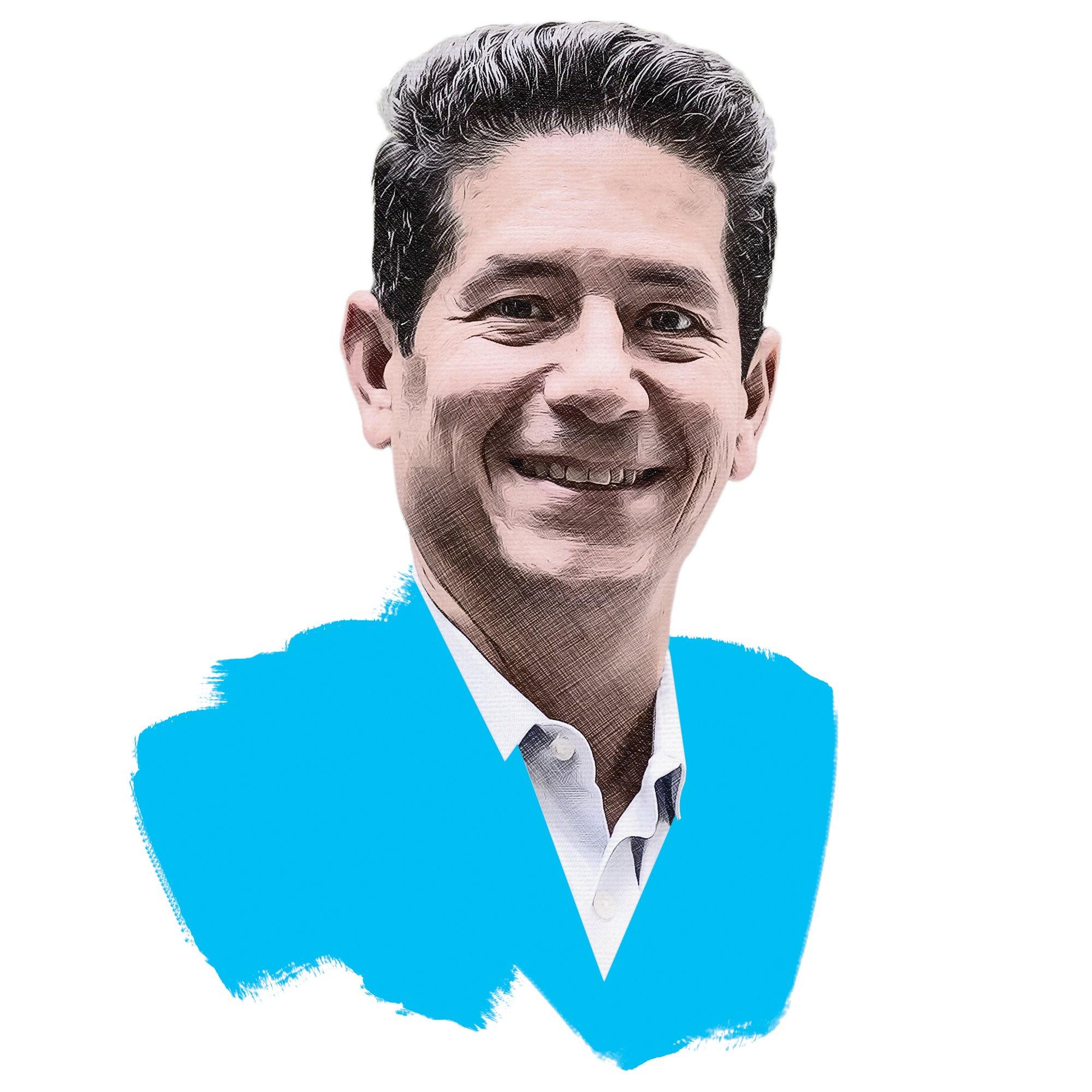
5. Max Rangel | CEO and global president, Spin Master
For him, reaping profits is all fun and games
“If you can’t beat ’em, buy ’em” has always led the way for the toy giant Spin Master, which over the years has acquired iconic brands like Gund, Rubik’s Cube and Etch A Sketch. Last year its leader, Max Rangel, landed its biggest deal yet, buying U.S. company Melissa & Doug—known for its nostalgic wooden toys, popular with parents seeking an alternative to screen time—for US$950 million. It’s a clever play for a company that’s also responsible for your three-year-old’s Netflix addiction: in 2023, the Spin Master–backed PAW Patrol: The Mighty Movie brought in US$200 million at the box office, the biggest Canadian film opening in more than a decade. Coming soon: a new line of “value” toys (as cheap as $1 each) to compensate for a global trend toward dwindling toy sales.
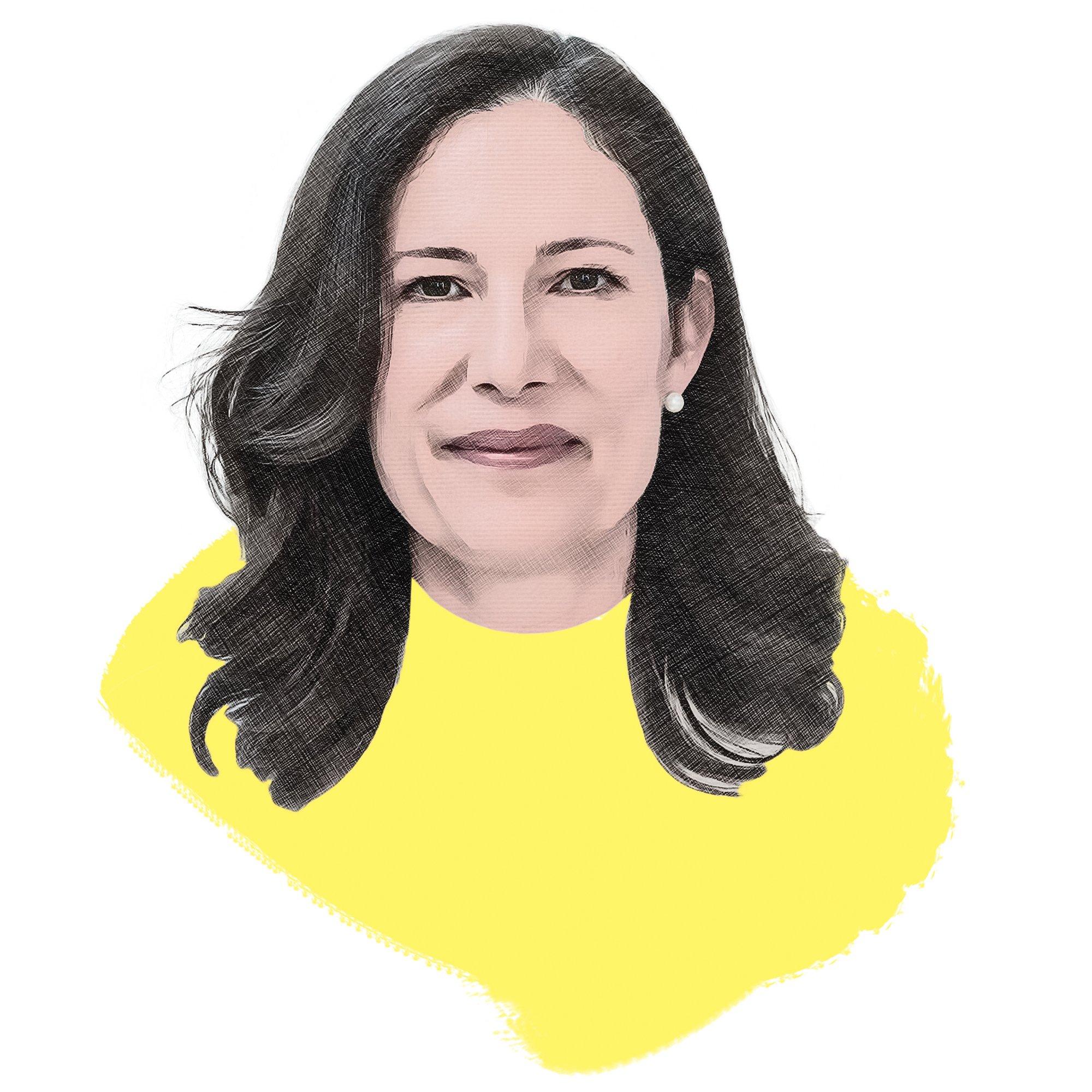
6. Lisa Melchior | Founder, Vertu Capital
For leading the way for women in a world of finance bros
Vertu closed its inaugural funding with over $300 million on International Women’s Day in 2023, an auspicious date for Canada’s first woman-founded private equity firm. After 17 years running OMERS’s investments in the tech sector, Lisa Melchior noticed a critical dearth in Canada’s funding pipeline: software companies that move beyond the startup stage don’t often find late-stage funding. With Vertu, Melchior wants to close that gap, providing eight-figure cash injections to promising ops like Waterloo’s communications tech firm Dejero and Toronto’s PathFactory, a digital marketing platform. Melchior sees the collapse of Silicon Valley Bank as a big break for the Canadian tech sector and hopes to blaze a trail for diversity in her industry, along with astronomical returns.
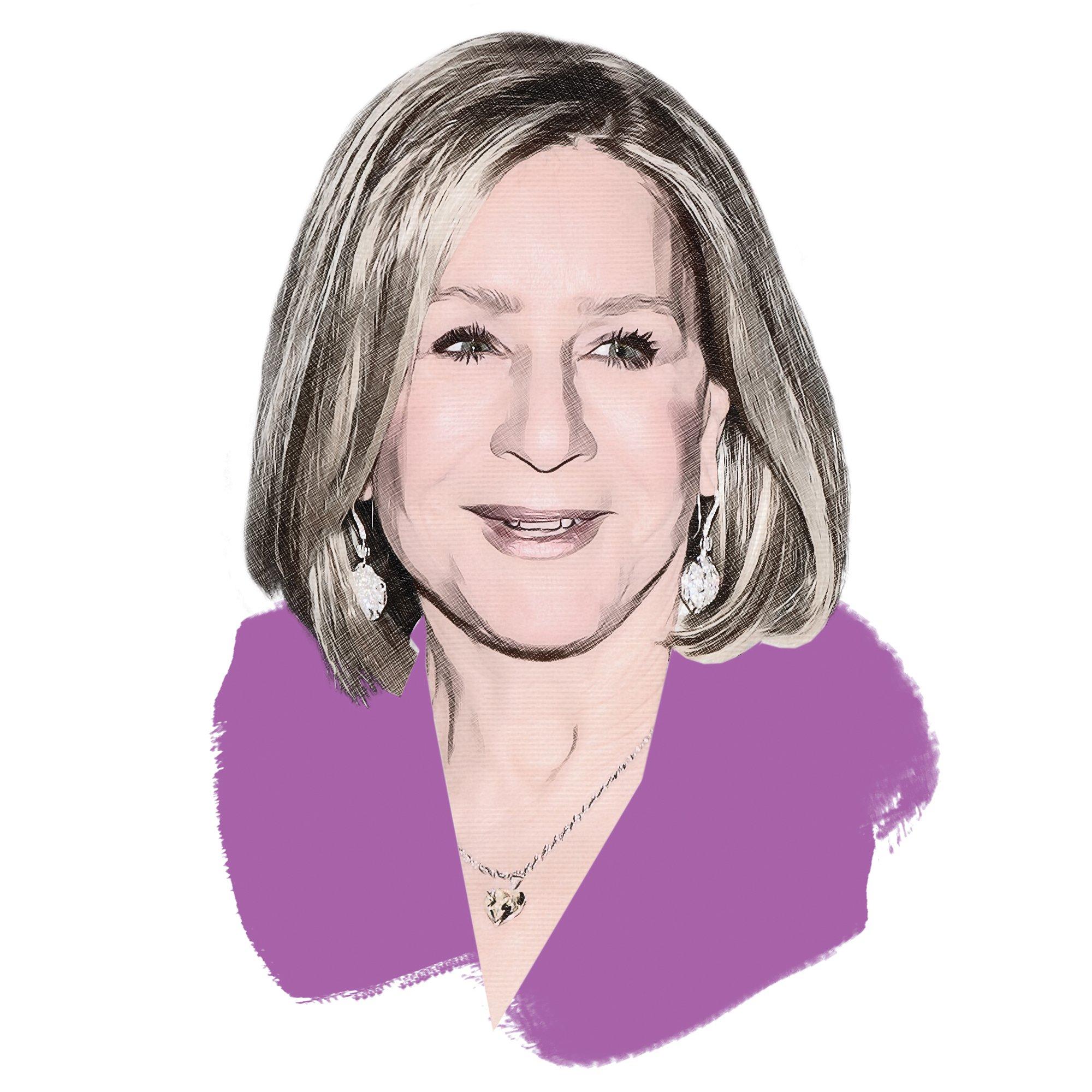
7. Heather Reisman | CEO and founder, Indigo
For being Canada’s comeback queen
After Heather Reisman left Indigo at the end of 2022, the company announced it was embarking on a “cultural odyssey,” which was really just a highfalutin way of saying fewer books, more lifestyle products. Instead, Indigo had an annus horribilis, starting with a February 2023 cyberattack that threatened to expose employee data on the dark web. By the end of the year, executives had jumped ship, the stock had nosedived, the company had lost $50 million—and Indigo’s erstwhile queen had set the record for world’s shortest retirement. Back in her position as “booklover-in-chief,” Reisman has pledged to grow books from less than half of total sales to 70 per cent. Step inside Indigo’s new 16,000-square-foot store at the Well in Toronto and you may be surprised by what’s front and centre: not a pizza oven. Or a vibrator. But books.
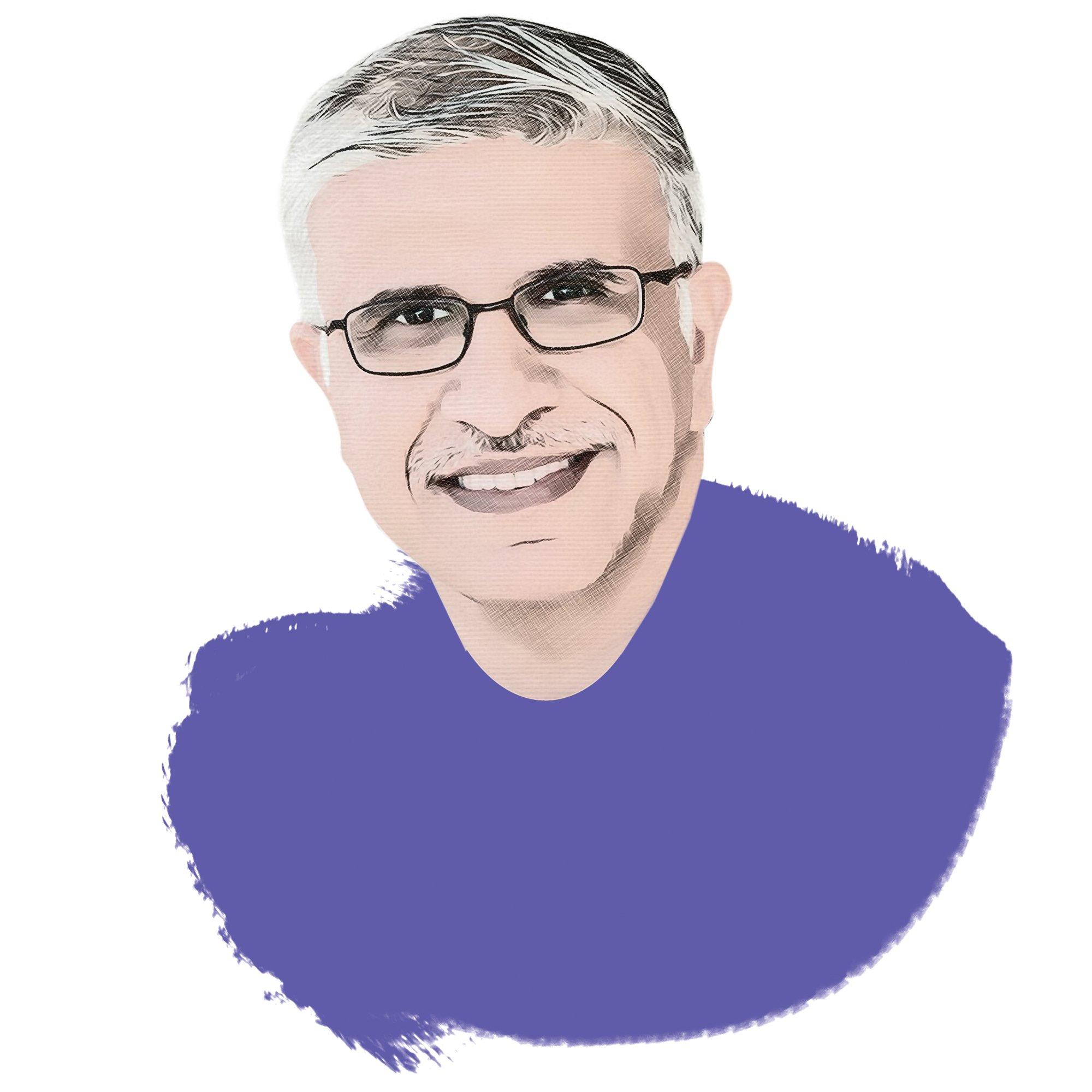
8. Seetarama S. Kotagiri | CEO, Magna International
He’s steering Canada’s largest auto parts maker to an electric future
Magna’s CEO is one of the highest-paid execs in the country, but he’s still a science geek at heart—a trained structural engineer who has always imagined the future of Canada’s largest auto parts maker as a tech company. He’s been at work on that vision since assuming his role in 2021: last year, Magna launched a $470-million expansion of its EV capabilities, including a new battery enclosure facility in Brampton, Ontario, that will bring 1,000 new jobs. More than a billion dollars is funding three new plants in Tennessee that will create frames, battery enclosures and seats for Ford’s new F150—the auto giant’s first electric pickup truck. And this year, Magna debuted its new e-motor, which Kotagiri predicts will put internal combustion engines out of business.
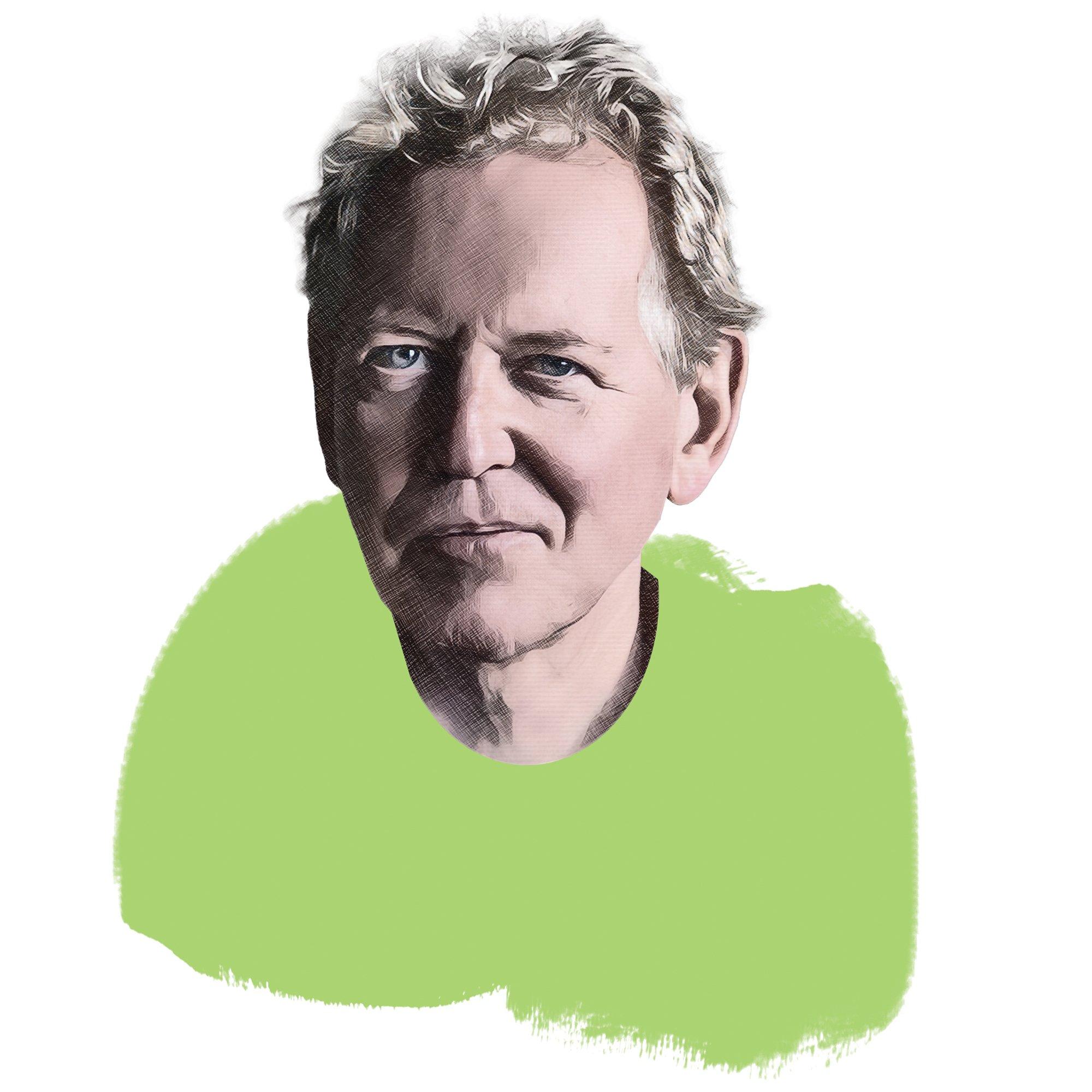
9. Anthony von Mandl | CEO and founder, the Mark Anthony Group of Companies
For taking his hard seltzers down a sober path
The Vancouver-born billionaire has a knack for libation innovation. In the ’80s, his Mission Hill Winery helped put Canada on the oenophile map and, in the next decade, he launched Mike’s Hard Lemonade, which was so popular people got into fist fights over it at the LCBO. In 2016 he created White Claw, the original hard seltzer, which caused a global frenzy and helped grow the alcoholic seltzer category to US$4.5 billion in four years. Von Mandl’s latest swing is more sobering, cashing in on the US$11-billion alcohol-free market. For Gen-Z consumers (who are drinking far less than previous generations) and a growing moderation movement across all age groups, White Claw 0% promises all the complexity and depth of flavour without the hangover.
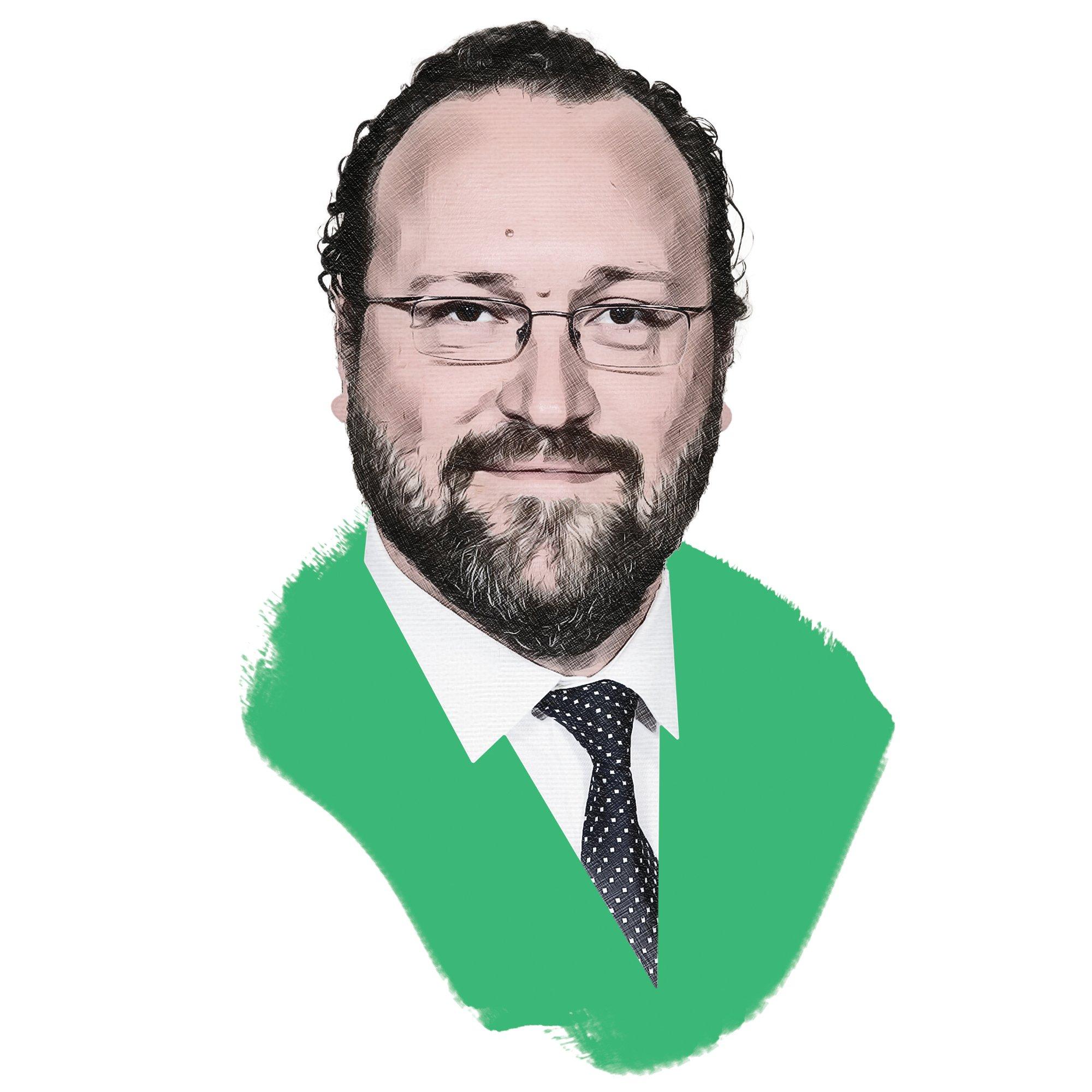
10. Flavio Volpe | President, Automotive Parts Manufacturers’ Association
For taking Canada’s auto innovations to the finish line
Flavio Volpe helped negotiate the 2020 NAFTA rules incentivizing car manufacturers to buy Canadian. Now he’s showing those makers what to buy. He helped design the Arrow, Canada’s first zero-emissions, lightweight, self-driving vehicle. The $20-million concept car was never meant to be driven off a lot. Instead, it’s the APMA’s clever showcase for the country’s cutting-edge auto innovations, including a solar-panel roof from Montreal’s CAPSolar and the world’s first production-ready 3D-printed chassis, made from lightweight plastic, by Toronto startup Xaba. Since its 2023 debut, the Arrow has generated more than $500 million in sales for Canadian partsmakers that supply giants like Dodge, Chrysler and Porsche. A 2.0 phase is considering proposals from over 200 manufacturers.
This story appears in the May issue of Maclean’s. You can buy the issue here or subscribe to the magazine here.
If you liked the article, do not forget to share it with your friends. Follow us on Google News too, click on the star and choose us from your favorites.
If you want to read more News articles, you can visit our General category.

